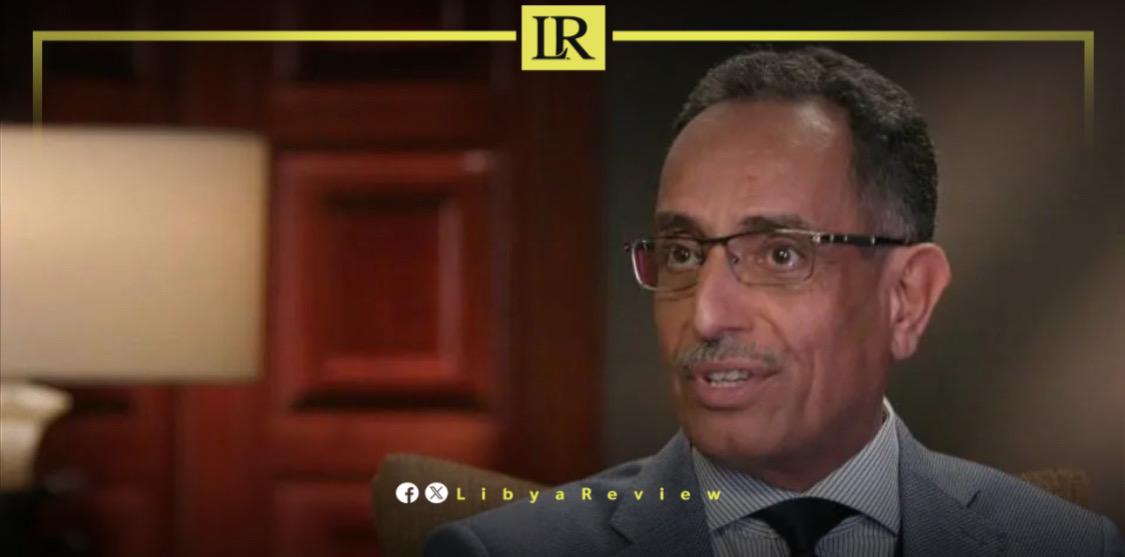Abdul Hafith Ghoga, the former Vice President of the Libyan National Transitional Council, calls on the United Nations to take decisive action in the Libyan crisis. Ghoga highlights the prolonged discussions over a decade without yielding substantial results, questioning the potential contributions of the Arab League given the ongoing situation.
In his press statements, Ghoga remarks on Libya’s engagement in dialogues worldwide for more than ten years without fruitful outcomes. He emphasizes the commitment made by Libyan parties since the Berlin 2 conference to conduct elections, unify institutions, and conclude transitional phases, yet nothing has materialized.
Ghoga further notes that the parties in power for over a decade are reluctant to relinquish their positions. He asserts that the Libyan crisis will persist unless the United Nations intervenes effectively and international parties agree on conducting and enforcing elections upon Libyan factions.
Ghoga concludes by stating that the Libyan factions themselves are now the problem, and resolution cannot be achieved through these expired entities.
Since a NATO-backed uprising toppled Muammar Gaddafi in 2011, Libya has been in chaos, split between rival administrations. The country’s economy, heavily reliant on oil, has suffered due to ongoing conflict, leading to fluctuations in oil production and prices, impacting the global oil market and Libya’s economy.
The conflict has resulted in a significant humanitarian crisis, with thousands killed and many more displaced. Migrants and refugees using Libya as a transit point to Europe face dire conditions.
The planned elections for December 2021 were delayed due to disagreements over election laws and candidate eligibility, raising concerns about a peaceful political transition.
Despite a ceasefire, security remains a significant concern with sporadic fighting and the presence of mercenaries and foreign fighters, posing challenges to military unification and the removal of foreign forces.


